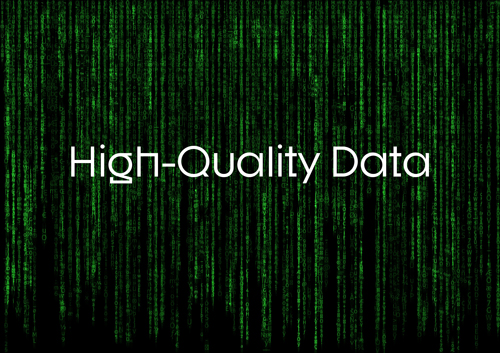High quality data

Good data isn't just a checkbox for your private practice; it's a culture.
How does bad data hurt?
One issue we encountered when consulting for a speech therapy practice was ambiguity around the number of active patients. We couldn't retrieve ANY high-level business data because we couldn't even accurately query the number of active patients.
In this instance, there was a deficiency on the practice's side in ensuring high-quality data (they could have manually updated patient statuses when patients were discharged or left). Additionally, their system was inadequate, providing no means to automate the status change when an event, like a discharge, occurred.
Often, the significance of high-quality data is overlooked. It's essential to understand that prioritizing high-quality data can be akin to trading a bit of short-term effort for significant long-term gain. As a practice owner, the responsibility doesn't rest solely on your team to ensure the accuracy and reliability of your data. The systems you adopt also play a pivotal role. They should be tailored to prioritize data quality and maintenance.
So, what characterizes high-quality data? It's:
- Accurate: Precise, up-to-date, and error-free.
- Complete: Ensures all necessary information is present.
- Conformant: Stored in standardized formats.
- Consistent: No conflicting information either within or across systems.
- Timely: Updated, maintained, and accessible as and when needed.
- Unique: Free from duplicates or superfluous elements.
- Valid: Authentic and originating from reliable and known sources.
If you want to grow your private practice, don't regard data as a mere checkbox. Instead, invest in both technology and a culture that recognizes, values, and acts upon the significance of quality data.